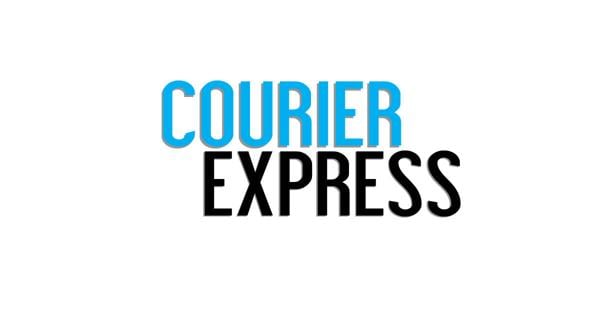(The Center Square) — A proposed law could change Pennsylvania’s system for issuing plumbing licenses, but proponents and opponents are deeply divided on the benefits — even as they acknowledge the problems of the status quo.
In one corner, plumbers argue that inconsistency hurts both the profession and consumers. On the other hand, critics say the legislation upsets a delicate balance that amounts to a “coup d’état”.
Pennsylvania is a relative rarity in the US; Like a few states, there is no statewide licensing agency for plumbers.
Instead, the municipalities bear the responsibility. House Bill 390, proposed by Rep. John Galloway, D-Levittown, would “streamline the licensing of these professionals by removing the guesswork for consumers and the barrier of choice,” he wrote in a legislative memorandum.
In a hearing before the House Professional Licensing Committee on Monday, Galloway and others lobbied for the change.
“It’s a good bill, it’s well written, it’s a good law,” Galloway said. “I understand that there is resistance — that resistance really isn’t centered on this bill. This bill is a necessary bill… The reason I proposed this legislation is, first and foremost, consumer safety.”
Non-union and union officials support Galloway’s efforts.
“Pennsylvanians are not only prevented from finding jobs in the communities in which they live, but the Pennsylvania community is adversely affected because these non-government corporations do not pay all the taxes that Pennsylvania-based corporations are required to pay.” said Michael McGraw, executive director of the Pennsylvania Plumbing Heating Cooling Contractors Association.
The lack of a consistent statewide licensing system, he said, prevents Pennsylvania plumbers from finding jobs in states with stricter requirements.
Walt Krzyzanowski, executive director of Philadelphia’s Plumbers Local 690, argued that the support of union and non-union workers was evidence the bill was strong.
“Rarely do you see unionists and unionists sitting at the same table fighting for the same cause,” Krzyzankowski said. “Listen to the collective voices of an industry, an industry that wants to get licensed.”
They united in the name of consumer safety, he said.
“The amount of bad actors in our industry is overwhelming and we want to monitor our own ranks,” Krzyzankowski said.
Opponents of the bill were concerned that a new licensing system could drive up costs and hurt other industries.
“It looks to me like we’re going to create a license – and it has its own board – so I think the cost of the license will be quite high because they have to fund their own board,” said MP Carl Metzgar , R Somerset, said. “It seems counterintuitive to create another hurdle and cost to keep people out of this business.”
The bill would allocate $250,000 — proposed by the State Department — to a state sanitation agency. Krzyzankowski said the system would bring in $4.5 million annually in royalties.
Others warned that the bill would benefit plumbers over other professions, including Brenda Reigle, speaking on behalf of the National Utility Contractor Association.
“I urge you to consider the potential consequences of this legislation as it threatens to undermine the traditional roles and responsibilities of skilled underground utility workers,” she said.
Reigle criticized the expansion of “sanitary services” that would include the installation, maintenance, expansion, construction, repair or modification of pipelines related to stormwater and sewage – “in our opinion, these are utility works,” she said.
“Licensing in the name of reciprocity sounds reasonable until you deal with the bill, weigh the ramifications of the bill, and go through all the pitfalls of licensing,” Reigle said.
The bill “would undeniably upset the delicate balance that has been painstakingly struck over many decades,” Reigle said. “It appears the plumbers are attempting something of a coup d’état.”
At the national level, states use a number of different models to regulate plumbing. Jessica Poitras, Legal Counsel at the Institute for Justice, found the licensing to be inconsistent.
Fourteen states do not license plumbers—up from three in 2006—and 24 states have no required hours of training. Some have no experience or exam requirements.
“With the patchwork of licensing requirements for plumbers across the country, it’s clear to us that there are licensing alternatives,” said Poitras. “We would encourage the committee to consider the least restrictive means of professional regulation before turning to professional licensing.”
She emphasized that competition in the market is the best way instead of resorting to licensing; Neighboring states like New York and Ohio do not license plumbers.
“Pennsylvania should not introduce a plumbing licensing system when the status quo is working well,” Poitras said.
If not, however, she suggested alternatives, such as voluntary or private certification of plumbing skills, creating a private plea to give the public the right to bring lawsuits against plumbers, or requiring plumbers to have mandatory bail or insurance.
“There are better and less intrusive ways to regulate the plumbing profession,” Poitras said.
www.thecourierexpress.com
https://www.thecourierexpress.com/proposed-statewide-plumbing-license-draws-support-opposition/article_a54cd876-0957-11ee-9348-8badd90f1885.html














